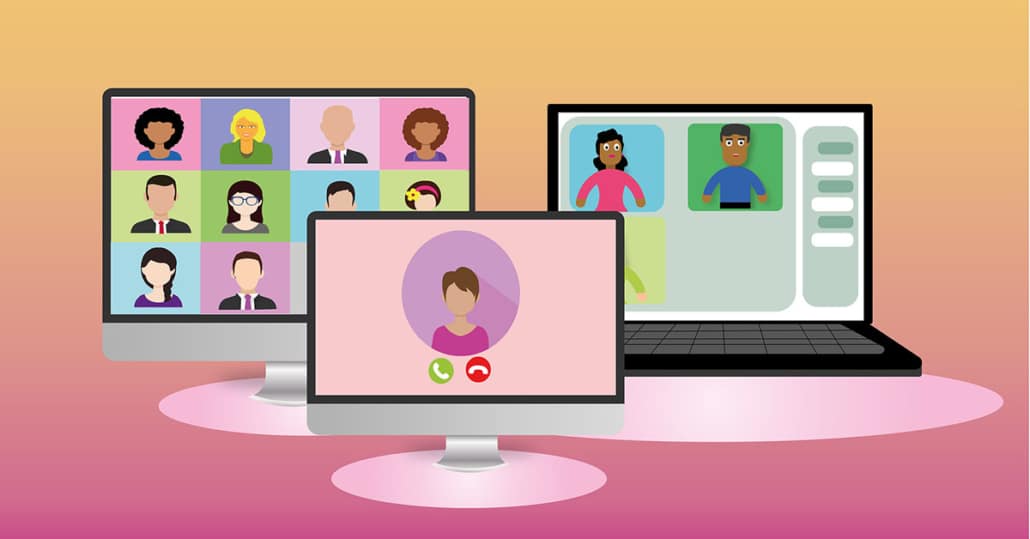4 Ways to Stay Healthy at Home
Health is much more than simply how we feel physically. Paul Jones, USANA’s chief leadership development officer, recognizes this and recently he shared with our employees four ways to stay healthy at home.
“How grateful I am to work for a company that lists health as a core value,” he says. “Its very vision is to create the ‘Healthiest Family on Earth’ no matter where we are — working in the office or at home.”
Though physical health is incredibly important, so too is our mental, emotional, and spiritual health.
“They are very much intertwined and if one aspect of health is struggling, it impacts the others,” Jones says.
With that, Jones outlines four areas of our life we can focus on to improve our overall well-being. It’s the latest in a series of posts from USANA’s management team.
Tips to Stay Healthy at Home
1. Nutrition
For many, it seems one of the more frustrating effects of COVID-19 is the 19 pounds we have gained from staying in and eating less than stellar foods. I have three challenges for us all:
- First, evaluate the snack selections available in our remote worksite pantries and eliminate the greatest temptations. Snack less in between meals. And when you do snack, choose healthy options.
- Second, drink more water throughout the day. The National Academies of Sciences, Engineering, and Medicine determined that an adequate daily fluid intake is about 15.5 cups (3.3 liters) of fluids for men and 11.5 cups (2.7 liters) a day for women.
- Third, take CellSentials.
The Challenge: Choose healthy snacks, drink more water, and take your vitamins.
2: Exercise
Studies show the importance of exercise. However, one of the great benefits of regular exercise is better mental health. A comparison of 1.2 million people who do 45 minutes of exercise 3 to 5 days a week have 1.5 fewer days of poor mental health each month.
The exercise does not necessarily have to be in a gym (if they’re open). Shoveling snow, raking leaves, vigorous house cleaning, and many other regular, daily activities also count.
The Challenge: Let’s get up and move!
3: Sleep
Too many of us are sleep deprived. The recommended guideline for a good night’s sleep is at least seven hours. Yet, one in three adults doesn’t meet this standard, according to Nancy Sin, assistant professor at the University of British Columbia.
“A large body of research has shown that inadequate sleep increases the risk for mental disorders, chronic health conditions, and premature death,” Sin says. “All elements of our health are negatively affected when we don’t get adequate sleep.”
The Challenge: Turn off the electronics and go to sleep.
4: Gratitude
This is Jones’ secret to a healthy life. He explains that Nationwide Children’s Hospital has shown the following health benefits from living with gratitude:
- Improved mood
- Increased optimism
- Improved social bonds
- Improved physical health
And he challenges us to pick one — or more — of the following actions:
- Start your day by writing down one thing that went well the previous day and why it went well.
- When you find yourself feeling upset or frustrated, hit the pause button and reset your thinking. Come up with something positive about the situation or think about something else entirely that you are thankful for.
- Go around the dinner table and have each person state something they are thankful for. Even more, identify something specific to that day that they are thankful for.
- Share your gratitude with others by writing a note to someone for whom you are grateful.
To view additional articles in this series, please click here.















